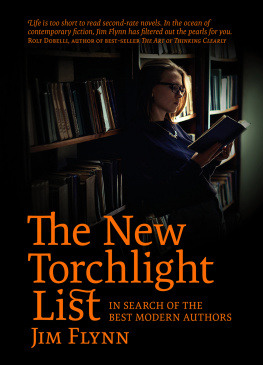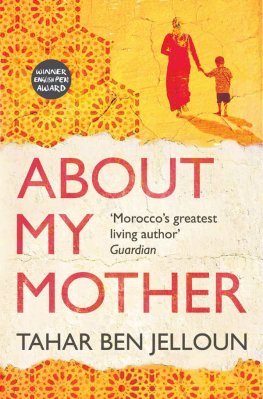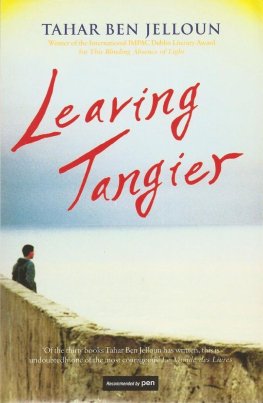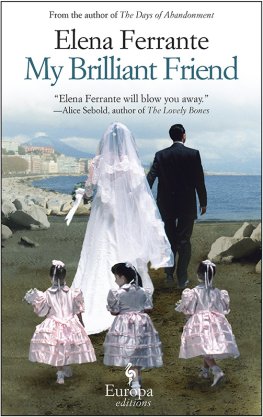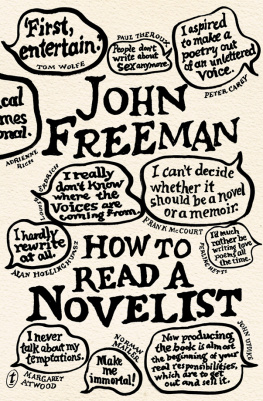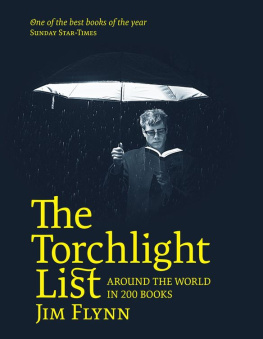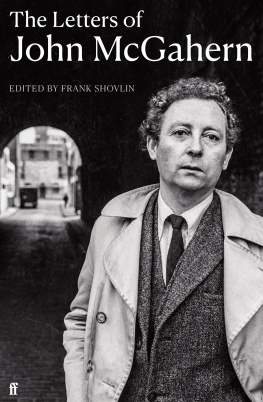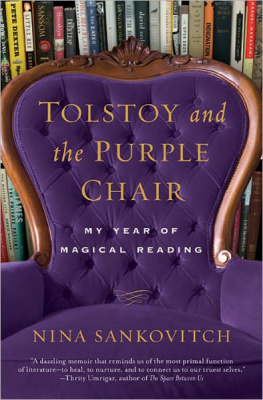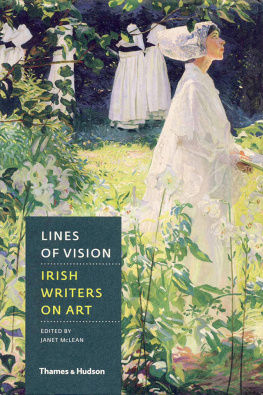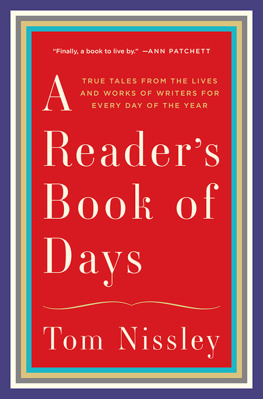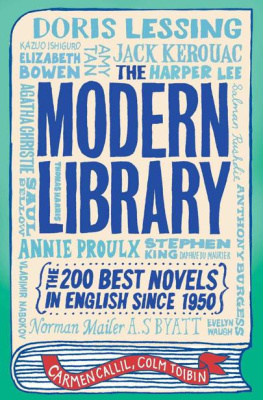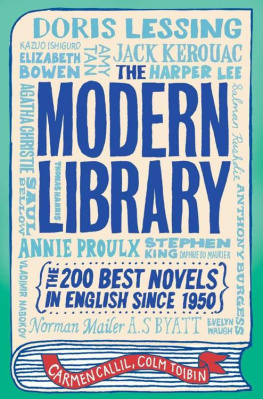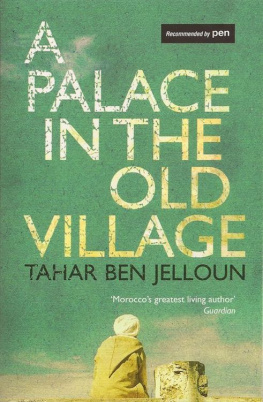
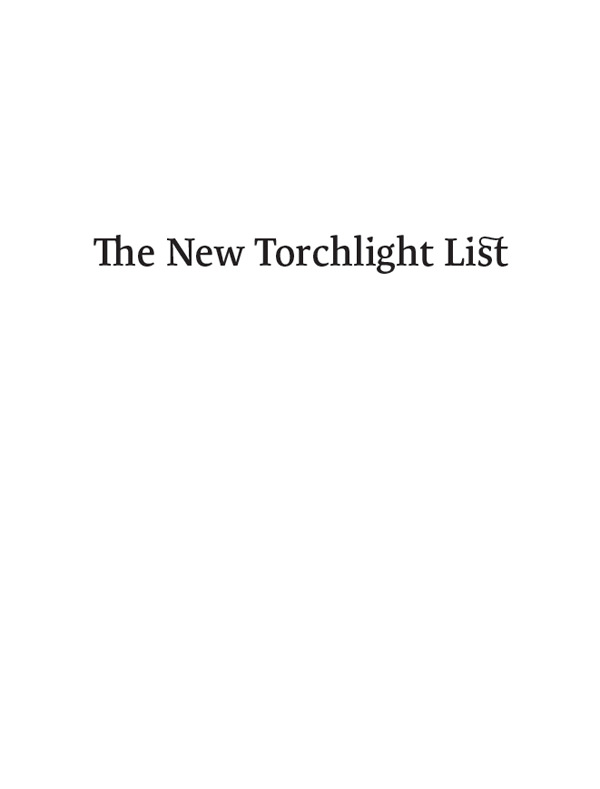
ALSO BY JAMES R. (JIM) FLYNN
THE MODERN WORLD
The Torchlight List: Around the world in 200 books
How to Improve Your Mind: Twenty keys to unlock the modern world
Senza alibi: Il cambiamento climaticoimpedire la catastrophe
(English title: No place to hide: Spend an evening to learn about climate change)
PHILOSOPHY
Fate and Philosophy: A journey through life's great questions
Humanism and Ideology: An Aristotelian view
How to Defend Humane Ideals: Substitutes for objectivity
INTELLIGENCE
What Is Intelligence? Beyond the Flynn Effect
Are We Getting Smarter? Rising IQ in the twenty-first century
Intelligence and Human Progress:
The story of what was hidden in our genes
Does Your Family Make You Smarter?:
Nature, nurture, and human autonomy
Race, IQ, and Jensen
Asian Americans: Achievement beyond IQ
AMERICAN POLITICS
American Politics: A radical view
Where Have All the Liberals Gone? Race, class, and ideals in America
Beyond Patriotism: From Truman to Obama
POETRY
O God Who has a Russian Soul:
Poems about New Zealand and its people

First edition published in 2016 by Awa Press,
Unit 1, Level 3, 11 Vivian Street, Wellington 6011, New Zealand.
ISBN 978-1-927249-44-4
Ebook formats
Epub 978-1-927249-45-1
Mobi 978-1-927249-46-8
Copyright James R. Flynn 2016
The right of James R. Flynn to be identified as the author of this work in terms of Section 96 of the Copyright Act 1994 is hereby asserted.
This book is sold subject to the condition that it shall not, by way of trade or otherwise, be lent, resold, hired out or otherwise circulated without the publisher's prior consent in any form of binding or cover other than that in which it is published and without a similar condition including this condition being imposed on the subsequent purchaser.
A catalogue record for this book is available from the National Library of New Zealand.
Cover photograph by Maxim Chuvashov, Getty Images
Book design by Keely O'Shannessy
Typesetting by Tina Delceg
Ebook conversion 2018 by meBooks
Discover more great books and authors at awapress.com.
Produced with the assistance of

To my mother
Mae Flynn (ne Fanny Mae Scott)
(18911983)
[The artist] speaks to our capacity for delight and wonder, to the sense of mystery surrounding our lives; to our sense of pity, and beauty, and pain to the subtle but invincible conviction of solidarity that knits together the loneliness of innumerable hearts which binds together all humanitythe dead to the living and the living to the unborn.
JOSEPH CONRAD, 1897
When I say it is a pure piece of fiction, it is because the story speaks for itself: The writer does not come between his story and the reader.
V.S. NAIPAUL, 1980
I think always people will be reading [novels] but it will be a small group of people. Maybe more people than now read Latin poetry, but somewhere in that range. To read a novel requires a certain amount of concentration, focus, devotion to the reading.
PHILIP ROTH, 2009
CONTENTS
A young man recently helped me check out a book at the library. I asked him if he had ever read the author. He replied, "Actually, I haven't read a book since I finished my English major." This young man is not alone. Thanks to the National Endowment for the Arts, we have data on reading patterns in the United States from 1984 to 2004. Among seventeen year olds, the percentage who rarely or never read for pleasure increased in these two decades from nine to nineteen. The percentage who read almost every day fell from thirty-one to twenty-two.
You might think a university education would provide an antidote. It is actually counterproductive. Of the high school seniors circa 2001, forty-nine percent read littleless than one hour a weekor nothing for pleasure; for university seniors of 2005 the NEA figure was sixty-three percent.
As might be expected, the very ability of these young people to read prose is eroding. Those who earned a bachelor's degree and could read with reasonable proficiency declined over the decade between 1992 and 2003 from forty percent to thirty-one.
Despite the spread of tertiary education, I believe we are rearing a generation which has too little knowledge of history. This is unfortunate. People who live only in the bubble of the present can be too easily manipulated by their governments and media. They can become cynical but lack the depth of knowledge and awareness needed to be a critic. George Orwell thought a manipulative state would have to rewrite history. He was mistaken: if people know no history they are already captive minds.
In compiling my 2010 book The Torchlight List I had the advantage of knowing which books are considered classicsbooks that have appealed to readers decade after decade, or generation after generation. After I finished that book I decided it might be interesting to try to find some modern classics. I spent a few hours almost every evening for six years reading a total of over 400 books by writers who are still active, or have been until recently, or have been translated into English in the last few years.
Here you have my picks. I recommend 207 books, almost all by contemporary authors. They include seventeen that were covered in The Torchlight List because without them the contribution of these authors could not be evaluated. They also include a few books of longer standing, which are so good no one would want to miss them. Some contemporary authors have written only one good book, while others, more rarely, are artists so outstanding that almost everything they write is superb. I have sometimes provided historical background on nations that will help you put the books into context.
I have been pleased with the reception of The Torchlight List. Most of those for whom it was intended liked it, including many teachers and librarians desperate to get young people to read. In New Zealand some schools have introduced a "Torchlight Certificate", which they give to students when they read a certain number of books from the list. They believe this enhances the "wide reading requirement" that high school students must fulfill in years twelve and thirteen.
Those who criticized the book tended to be people who wanted their own favorite books listed, or wanted books to be included purely on the basis of literary merit. They should each write their own list. Others showed a complete lack of awareness of what would turn off a new reader. They wanted me to tell them to read Thucydides, Herodotus, Dante, Don Quixote, and so forth. Appreciating books like these comes after you learn to love reading.
Others have asked me if I read mainly to become historically and politically informed. Of course not: like anyone else I read mainly for pleasure. But I welcome becoming better informed as a bonus. They also asked whether I regretted having omitted certain books and if I had read new books that, had I been aware of them at the time, I would have included. The answer to both questions is yes.
Next page
